The 7 Cooperative Principles

Food cooperatives operate according to principles established more than 150 years ago by the Rochdale Society of Equitable Pioneers, one of the first consumer cooperatives. These principles guide and protect the integrity of our business as a democratic institution beholden only to our Member-Owners (you). They also ensure a thriving business for decades to come. That’s the Co-op Difference…
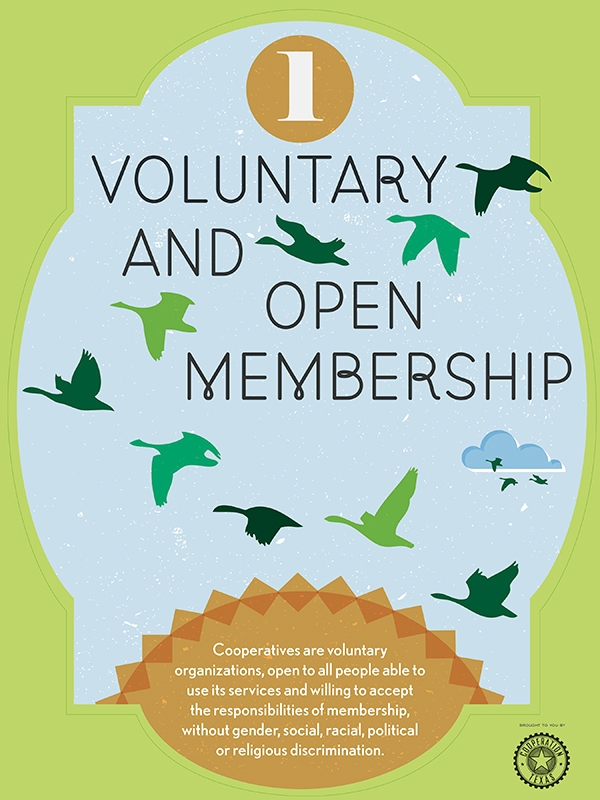
Voluntary & Open Membership – Cooperatives are voluntary organizations, open to all people able to use its services and willing to accept the responsibilities of membership, without gender, social, racial, political or religious discrimination.
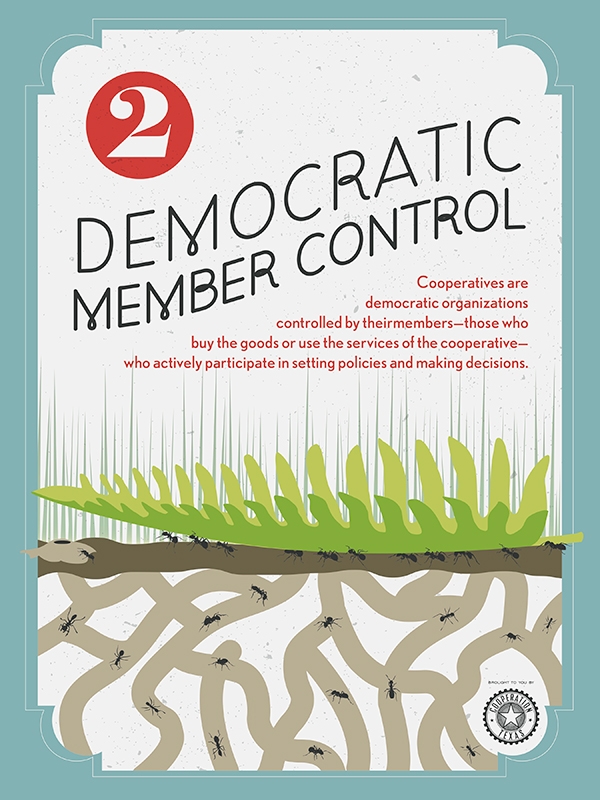
Democratic Member Control – Cooperatives are democratic organizations controlled by their members – those who buy the goods or use the services of the cooperative – who actively participate in setting policies and making decisions.
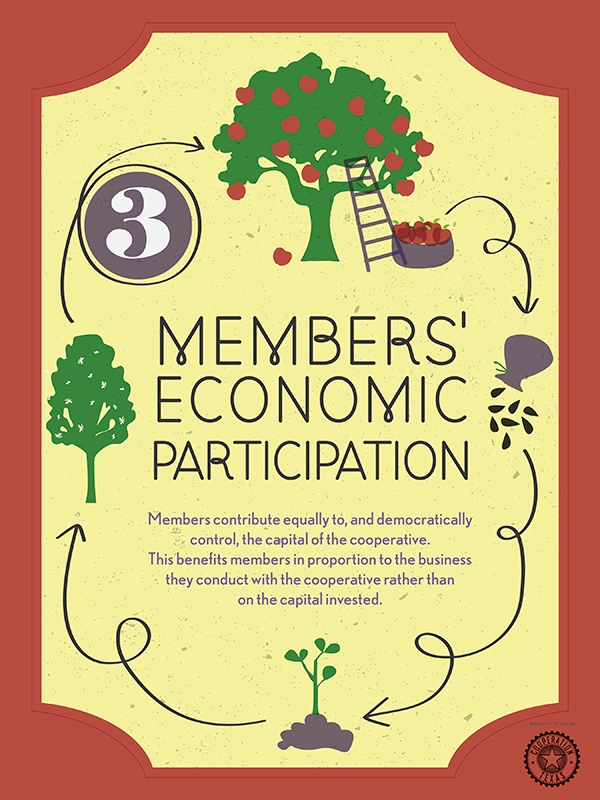
Members’ Economic Participation – Members contribute equally to, and democratically control, the capital of the cooperative. This benefits members in proportion to the business they conduct with the cooperative rather than the capital invested.
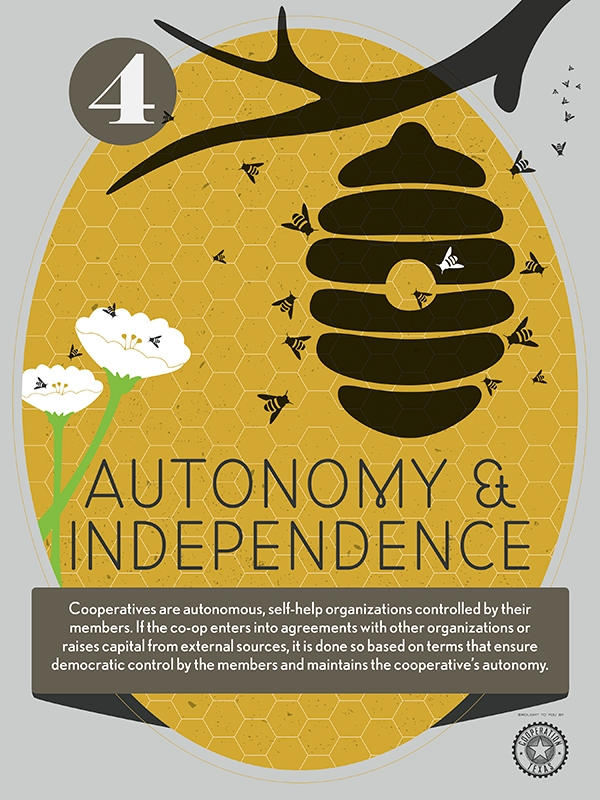
Autonomy & Independence – Cooperatives are autonomous, self-help organizations controlled by their members. If the co-op enters into agreements with other organizations or raises capital from external sources, it is done so based on terms that ensure democratic control by the members and maintains the cooperative’s autonomy.

Education, Training, and Information – Cooperatives provide education and training for members, elected representatives, managers and employees so they can contribute effectively to the development of their cooperative. Members also inform the general public about the nature and benefits of cooperatives.
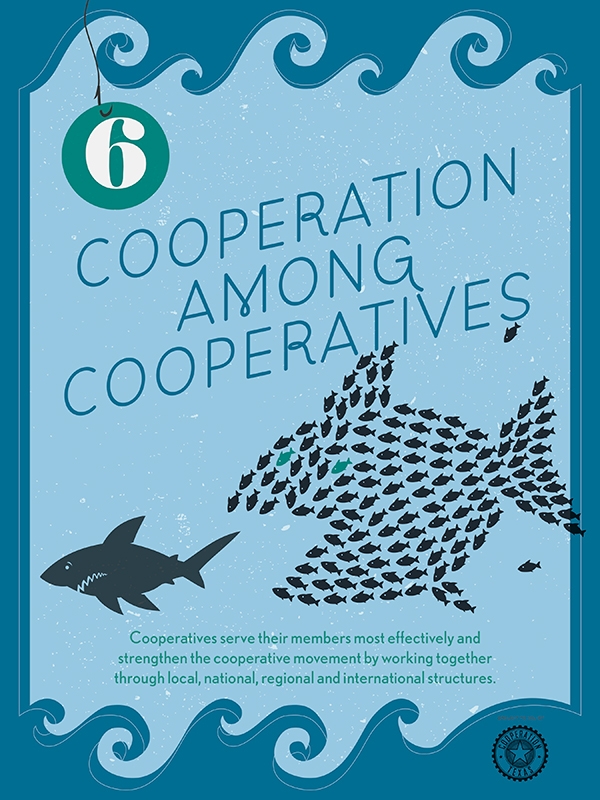
Cooperation Among Cooperatives – Cooperatives serve their members most effectively by working together through local, national, regional and international structures.

Concern for Community – While focusing on member needs, cooperatives work for the sustainable development of communities through policies and programs accepted by the members.

